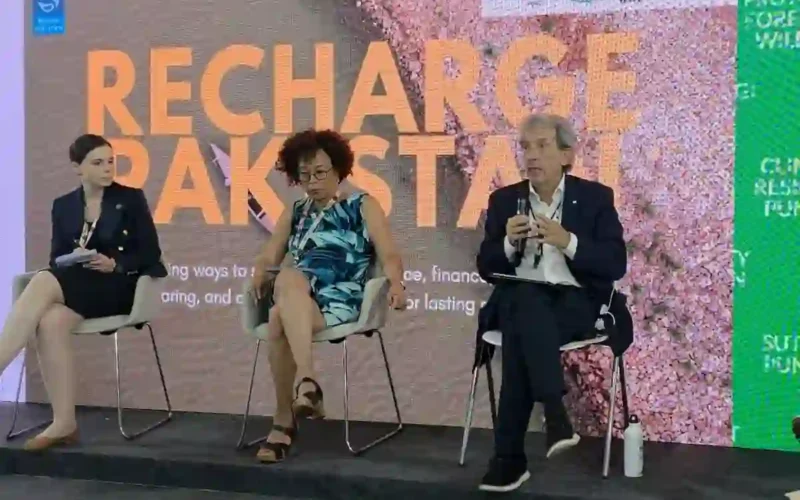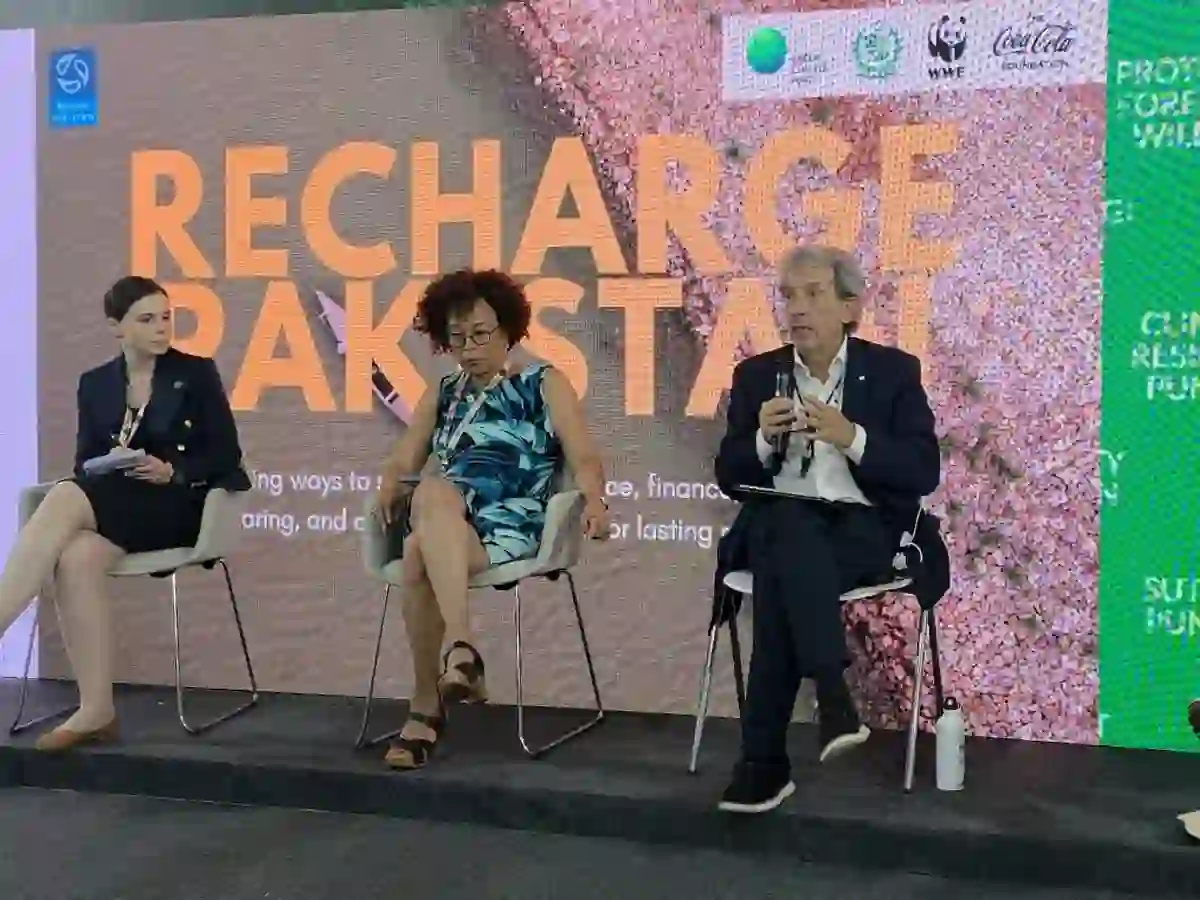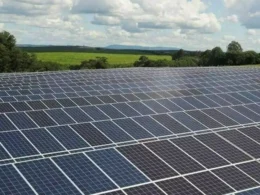WWF-Pakistan has urged world leaders to prioritise nature-based solutions in climate spending as it highlighted the country’s flagship programme, Recharge Pakistan, during a major climate session at COP30 in Belém, Brazil.
The call stressed that nature-based solutions are essential for long-term resilience and economic stability.
At COP30, senior officials from the Ministry of Climate Change, global climate experts, the Green Climate Fund, and WWF representatives noted that Pakistan is emerging as a regional leader in nature-based adaptation strategies.
Follow the Times of Karachi channel on WhatsApp
They highlighted that the growing alignment between government, climate finance institutions, civil society, and private organisations is strengthening the country’s climate response.
Recharge Pakistan, funded by the Green Climate Fund, The Coca-Cola Foundation, and WWF, is considered one of Pakistan’s largest climate adaptation initiatives.
The project aims to restore damaged ecosystems, improve natural water channels, and build community-led climate practices in vulnerable districts across Balochistan, Khyber Pakhtunkhwa, and Sindh.
Experts said the initiative is becoming a global model for cost-effective and evidence-driven adaptation.
READ: WWF-Pakistan urges strong action despite green turtle status shift
Aisha Moriani, Secretary of the Ministry of Climate Change, said national climate plans succeed only when provinces lead implementation. She praised the strong participation of provincial governments at COP30, especially the involvement of Punjab’s chief minister, as a sign of united political commitment.
WWF International’s Manuel Pulgar-Vidal highlighted that Recharge Pakistan is both an environmental and economic investment, offering long-term protection for communities, ecosystems, and national development. He said the programme uses scientific data to guide decisions and create sustainable outcomes.
Senior Director Muhammad Fawad Hayat said large-scale nature-based solutions require strong governance, long-term partnerships, and effective public-private cooperation. He stressed that durable adaptation becomes possible when community needs guide planning.
Visit Times of Karachi website for the latest news-related content daily
GCF representative Alexandra Stephenson called Recharge Pakistan a signature climate-financing project, saying that improved governance models now allow regional support from planning to completion. She said countries must enhance capacity to access available climate funds.
WWF-US official Marcene Mitchell added that Pakistan’s clear climate vision helped attract private-sector financing, showing that investor confidence grows when countries demonstrate strong commitment.
WWF-Pakistan also shared early findings from a Cost of Inaction report, showing that planned interventions could significantly reduce future flood losses across the Indus Basin.
Experts concluded that investing in nature-based solutions now is far cheaper than facing growing climate-related damage in the future.













